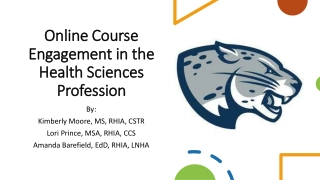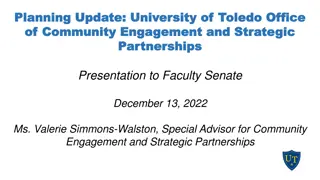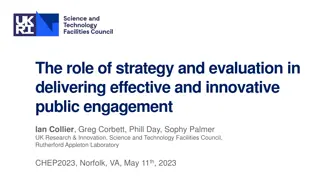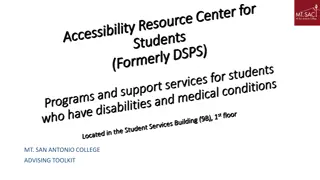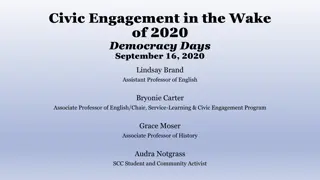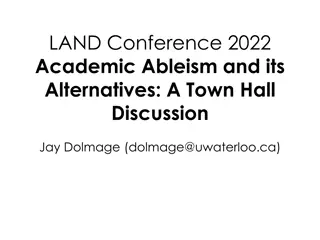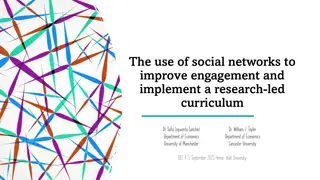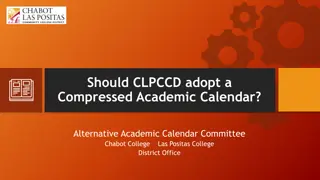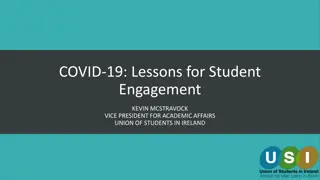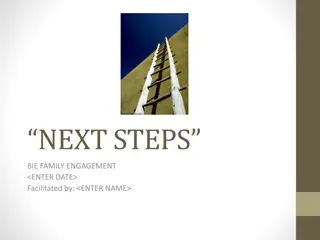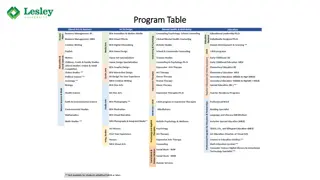Effective Discussion Strategies for Academic Engagement
Enhance your discussion skills with substantive contributions, concrete examples, and critical thinking approaches. Learn how to analyze, evaluate, and synthesize information to enrich your discourse. Challenge viewpoints, pose questions, and offer diverse perspectives to deepen the conversation. Discover the art of pulling in relevant resources to support your arguments and broaden your understanding.
Download Presentation

Please find below an Image/Link to download the presentation.
The content on the website is provided AS IS for your information and personal use only. It may not be sold, licensed, or shared on other websites without obtaining consent from the author.If you encounter any issues during the download, it is possible that the publisher has removed the file from their server.
You are allowed to download the files provided on this website for personal or commercial use, subject to the condition that they are used lawfully. All files are the property of their respective owners.
The content on the website is provided AS IS for your information and personal use only. It may not be sold, licensed, or shared on other websites without obtaining consent from the author.
E N D
Presentation Transcript
Substantive meaningful or considerable should help the overall discussion move forward.
Provide concrete examples, perhaps from your own experience, that highlight ideas from a reading or the discussion. Describe possible consequences or implications of ideas in a reading or the discussion. Challenge something that has been stated in a reading or posted in the discussion perhaps by playing devil s advocate. Pose a clarifying question in regards to a reading or a classmate's discussion post. Suggest a different perspective or interpretation of a reading or a post in the discussion. Pull in related information from other resources books, articles, web sites, other courses, etc. - that support what is said in a reading or in the discussion.
To analyze explain or to interpret the structure of a piece of information.
To evaluate form an idea about the value of something.
To synthesize take ideas and information from multiple different sources and combine them into a new idea or theory of your own.


